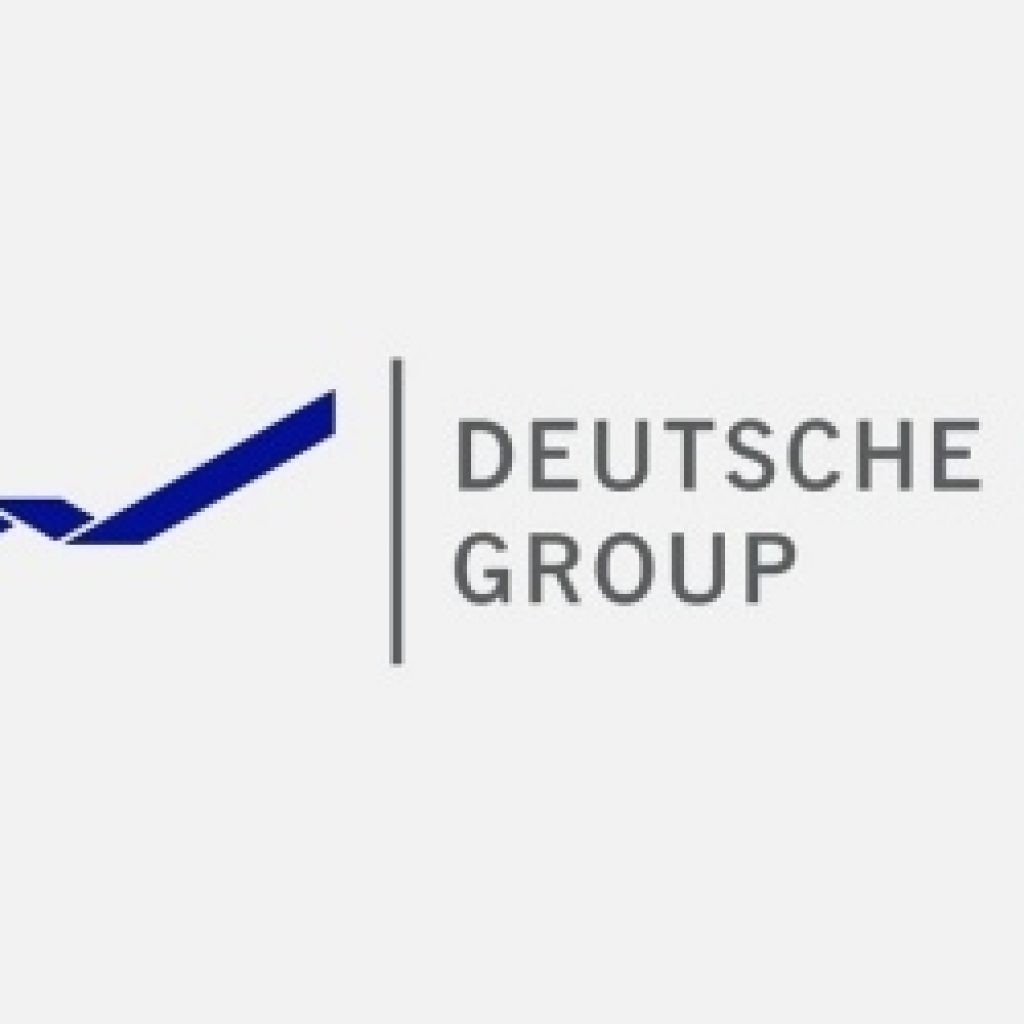(Risk.net) Deutsche Börse has completed a pilot study into the application of quantum computing to calculate proprietary business risks, in a use case that could enter full production within the next three years, according to independent experts.
A study published on March 10, co-authored by Carsten Schäfer – the exchange’s risk manager for business risk and IT operational risk and a supervisory board member – and fintech firm JoS Quantum, describes a quantum computation for risk sensitivity analysis. The pilot application to model enterprise risks cuts computation time from 10 years to 30 minutes according to risk.net intro here.
JoS Quantum published this abstract on the study:
We present a novel use case for quantum computation: the sensitivity analysis for a risk model used at Deutsche Börse Group. Such an analysis is computationally too expensive to perform on classical computers. We show in detail how the risk model and its analysis can be implemented as a quantum circuit. We test small scale versions of the model in simulation and find that the expected quadratic speedup compared to the classical implementation used at Deutsche Börse Group can be realized. Full scale production usage would be possible with less than 200 error corrected qubits. Our quantum algorithm introduces unitary but imperfect oracles which use Quantum Amplitude Estimation to detect and mark states. This construction should be of general interest and we present theoretical results regarding the performance of Grover’s search algorithm with imperfect oracles.
